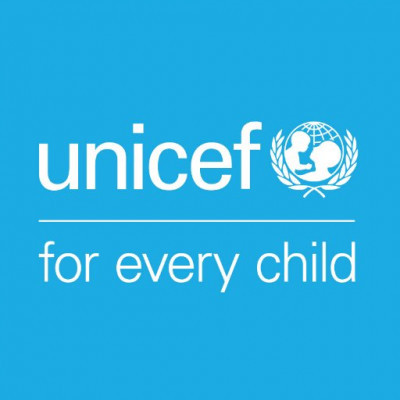Print

Global Life Skills Education Evaluation
Details
Locations:Armenia, Barbados, Jordan, Kenya, Malawi, Mozambique
Start Date:Nov 22, 2010
End Date:Jun 30, 2012
Sectors: Education, Monitoring & Evaluation
Categories:Consulting services
Funding Agencies:
Date posted:Feb 28, 2013
Description
The Global Life Skills Education Evaluation intends to assess the added-value of UNICEF investments in life skills education programmes in terms of the relevance of programmes, their coverage, efficiency, effectiveness and sustainability. UNICEF-supported Life Skills Education programmes are currently being implemented in approximately 70 countries, but there has as yet been little investment in monitoring and evaluation of structured, long-term and sustained interventions, or whether learning outcomes are achieved as a result of these efforts. The global evaluation aims to contribute to filling this gap by examining where countries are with respect to accepted knowledge about components of successful life skills education programmes at formal and non-formal levels and what the results are for children, through an examination of policy pronouncements on life skills education, curriculum and programme analyses, and whether life skills learning outcomes have been incorporated in assessment and examination systems. The evaluation also examines whether life skills education programmes are implemented from a rights-based perspective, and make additional effort to include the most at risk and/or vulnerable young people.
EfC designed and led the evaluation, based around a comprehensive evaluation framework developed by the EfC team in consultation with UNICEF around the OECD DAC evaluation criteria. A detailed review and analysis was undertaken of national policies and strategies, previous research and documentation on formal and non-formal life skills education programmes in 40 countries. One remote case study (Myanmar) and six in-depth country case studies (Armenia, Barbados, Jordan, Kenya, Malawi and Mozambique) were then undertaken by teams of international and national consultants, including individual interviews, focus group discussions, iterative surveys and participatory rural appraisal methods with stakeholders at school, district and national levels. A final evaluation report was prepared by EfC, including: findings on relevance, coverage, efficiency, effectiveness, sustainability and UNICEF additionality; recommendations for UNICEF at international, regional and national levels; and an analytical framework for the design and implementation of life skills education programmes. Presentations of the findings were also prepared for an international UNICEF dissemination workshop.
